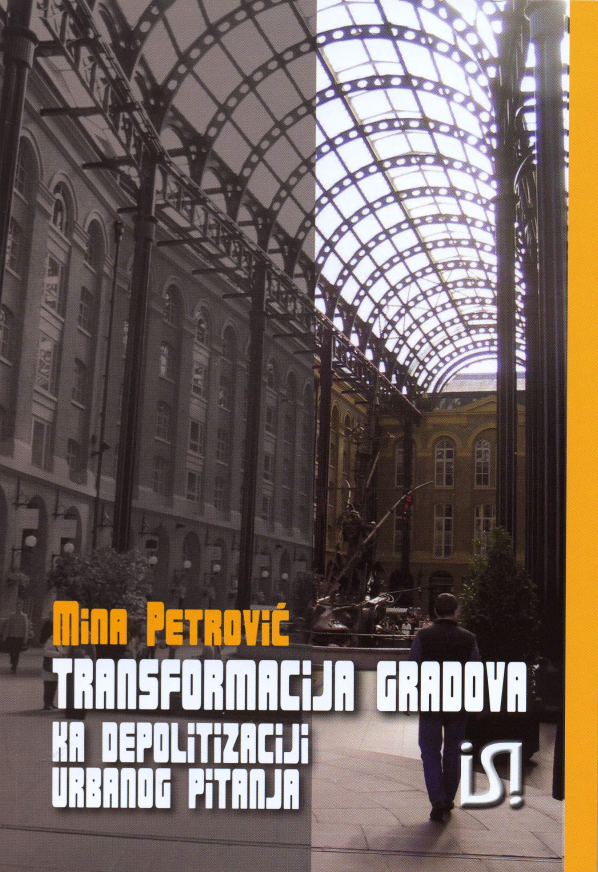
Radical change in urban policies arising in the period of organized capitalism and ongoing globalization are increasingly gearing the shaping of cities towards stimulating collective consumption, and towards an aesthetization of urban space, expansion of cultural industries and the economy of symbols. As a result of such a developmental direction, especially in the case of economically developed countries, the urban question is depoliticized and the problem of inequality marginaliyzed, which at the same time prompts citizens to mobilize politically. In the case of former socialist cities, an additional aspect is a devastation of the social dimension of urban policies, although the transformation here assumes an unclearly defined direction, with the growth of the property market playing the main role. This book analyzes all these processes in a comprehensive way and in a comparative perspective, also providing comments on the fresh ideas in current urban theory.

